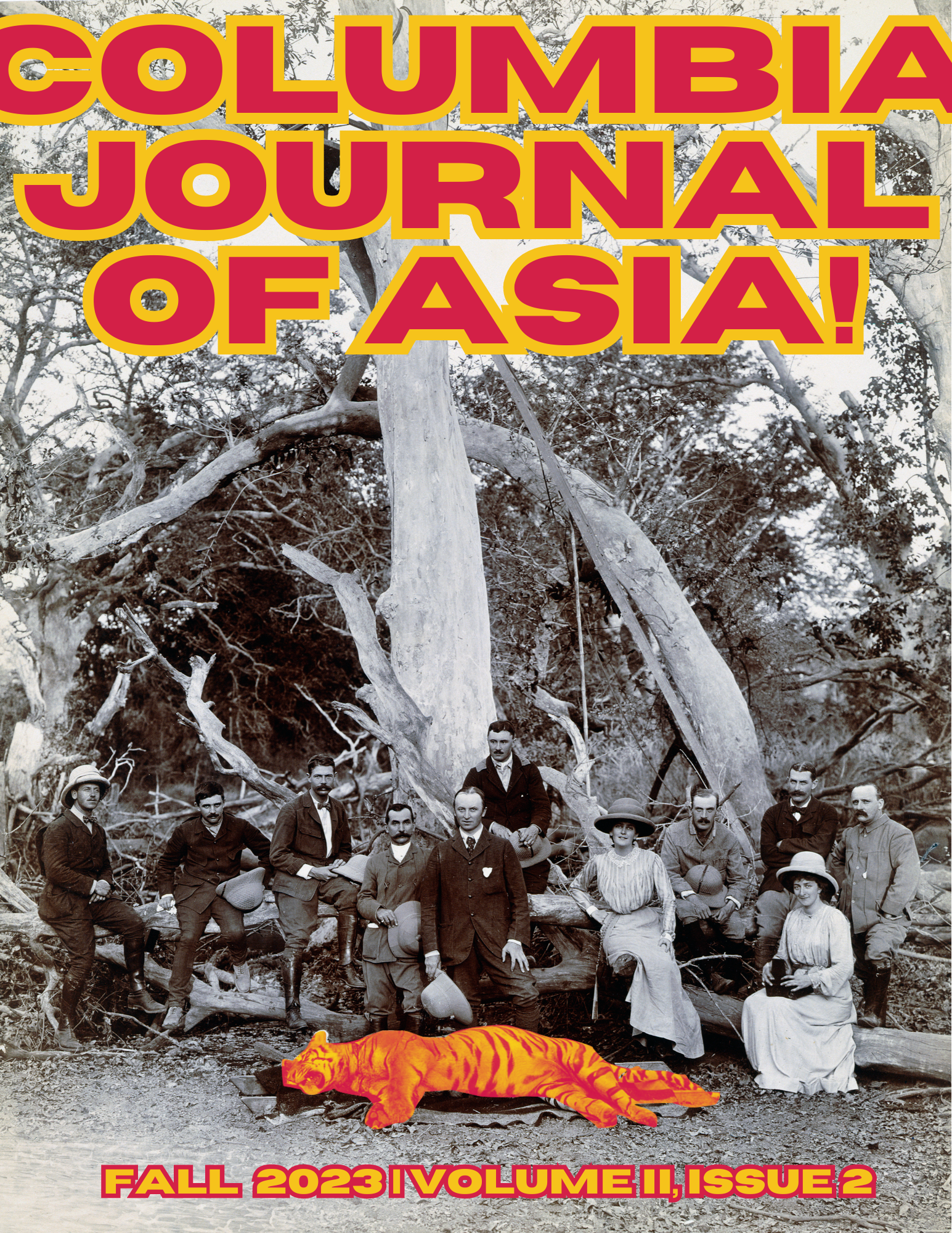Abstract
This work explores the multifaceted relationship between India and Pakistan, starting with India’s very recent decision to renegotiate the terms of the Indus Waters Treaty of 1960 between the two countries. This treaty, considered to be a time-tested hallmark of peace on the Indian subcontinent, is particularly heralded by mediators like the World Bank. This desire for peace is confronted with the reality of border skirmishes and conflicts over Kashmir, a state through which the Indus River flows. Accordingly, I interrogate the interactions between various political actors over the Indus Waters themselves, specifically focusing on partition and the subsequent period that led up to the signing of the Indus Waters Treaty. This piece seeks to understand the role of nature in cohering international, national and subnational identity. Specifically, I focus on the two countries’ historical conflicts over water as well as sovereign claims to water in Punjab and Jammu and Kashmir, which are regions that must balance domestic priorities with the looming national interests of India and Pakistan. By linking water to the economic, cultural, and social language that comprises political imagination and identity, I hope to reveal new insights about how the relationship between nature and humanity has transformed from mutual cooperation to one of commodification and displacement.

